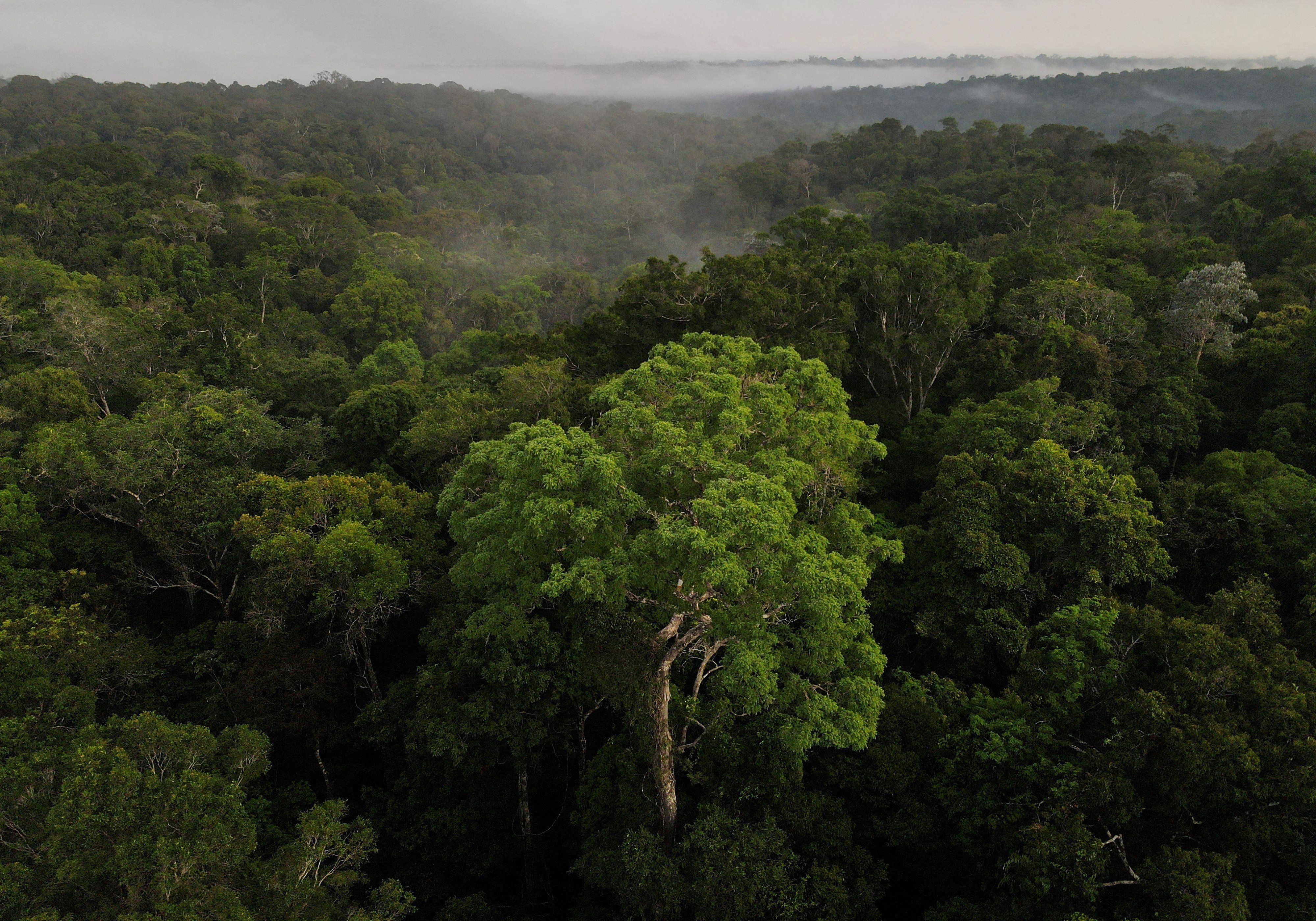Deforestation in the Brazilian Amazon fell 66% in August compared to the same month last year – a huge achievement reflecting the ambitious climate goals of President Luis Inácio Lula da Silva. What’s more, cumulative deforestation for the first eight months of 2023 was down 48%.
Lula has staked much of his political capital on environmental priorities, promising to end deforestation by 2030. His administration is using satellites to monitor the forest and sending in police to disrupt illegal logging. The fact that the reductions have come during the Amazonian dry season, when illegal loggers and miners usually take advantage of the weather to push their operations into high gear, is all the more impressive.
Lula also officially recognized two indigenous territories within the forest, granting their inhabitants legal protections from encroachment. Brazil’s indigenous peoples are considered particularly effective custodians of the environment and figure prominently in Lula’s policies.
The bigger, bleaker picture. These efforts, for all their success, are facing headwinds. In June, Brazil’s opposition-controlled legislature rolled back the powers of the environmental and indigenous affairs ministries, and in August, the Senate passed legislation restricting the ability of indigenous people to make land claims, though it faces a Supreme Court challenge.
When leaders from all eight countries that share the Amazon gathered last month, they were able to create a notional alliance to combat deforestation — but they did not agree on goals.
Meanwhile, UN Secretary-General António Guterres says the “climate breakdown has begun” amid the hottest summer on record, devastating wildfires in the northern hemisphere, collapsing Arctic sea ice, and surging ocean temperatures.
